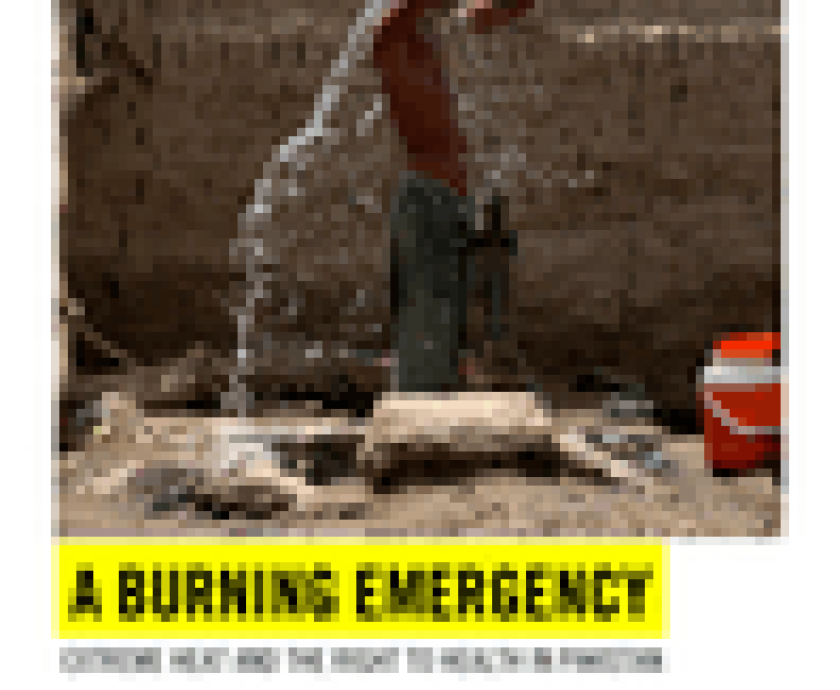(Goma) – The death in the Democratic Republic of Congo of a rebel leader wanted by the International Criminal Court highlights the need to bring justice for his forces’ many victims. The Congolese army announced on September 18, 2019 that its forces killed Sylvestre Mudacumura, commander of the Democratic Forces for the Liberation of Rwanda (FDLR), and “his closest lieutenants” the previous night.
Sylvestre Mudacumura.
FDLR forces under Mudacumura’s command committed numerous atrocities against people in eastern Congo and Rwanda. He had been wanted by the ICC since 2012 for the war crimes of murder, mutilation, cruel treatment, rape, torture, destruction of property, pillaging, attacks on civilians, and outrage upon personal dignity allegedly committed in eastern Congo between 2009 and 2010.
“Mudacumura’s death should not mean that victims and their families are denied justice,” said Lewis Mudge, Central Africa director at Human Rights Watch. “Remaining FDLR leaders should still be prosecuted and the victims provided redress.”
A villager who lost seven family members to Mudacumura’s forces in Masisi territory in 2008 told Human Rights Watch, “Even with Mudacumura dead, we continue to cry for the many Congolese who remain orphans, widows and widowers.” Another person from Masisi, whose village the FDLR attacked in 2009, said: “Mudacumura killed our brothers, sisters, and children…. I regret that he was killed without being brought to justice and held accountable.”
Human Rights Watch repeatedly pressed the Congolese government and the United Nations peacekeeping mission in the country, which had waged a military campaign against the FDLR, to arrest Mudacumura and transfer him to The Hague. This would have been a critical step toward advancing international justice in the region.
Human Rights Watch documented the killings of over 700 civilians by FDLR fighters in 2009-2010. Most victims were women, children, and the elderly, whom the rebels hacked to death with machetes or hoes or burned to death in their homes. These attacks were accompanied by widespread rape and other sexual violence.
Some FDLR leaders participated in the 1994 genocide in neighboring Rwanda, in which Hutu extremists set out to destroy the Tutsi minority. Since then, Rwandan Hutu militias based in eastern Congo have reorganized politically and militarily, going through various name and leadership changes. The rebel group’s current configuration, the FDLR, was established in 2000.
FDLR forces continue to carry out serious abuses, sometimes alongside other Congolese armed groups.
In the last two years, armed groups in Congo’s eastern Kivu provinces have killed at least 1,900 civilians and abducted more than 3,300 others. Congolese authorities should make accountability for grave crimes a domestic priority, and officials will need support to investigate, apprehend, and appropriately prosecute abusive commanders who remain at large, Human Rights Watch said.
Mudacumura was the last person wanted by the ICC for crimes related to the situation in Congo.
The Congo-related cases that have come before the ICC have not adequately addressed the scale of the crimes committed in the country since 2002, when the court’s jurisdiction began. Human Rights Watch has repeatedly urged the ICC prosecutor to expand the investigation in Congo to include, for example, the role of senior political and military officials from Congo, Rwanda, and Uganda who supported, armed, and financed abusive armed groups in eastern Congo over the last two decades. The ICC prosecutor should formulate a clear strategy to address outstanding accountability needs in Congo, including by supporting Congolese authorities.
“Armed groups like the FDLR will continue to kill, rape, and pillage because so few commanders are ever held to account,” Mudge said. “Mudacumura is dead but his lieutenants are still committing atrocities against civilians in eastern Congo. Both the Congolese government and the ICC have a role to play in bringing them to justice.”



